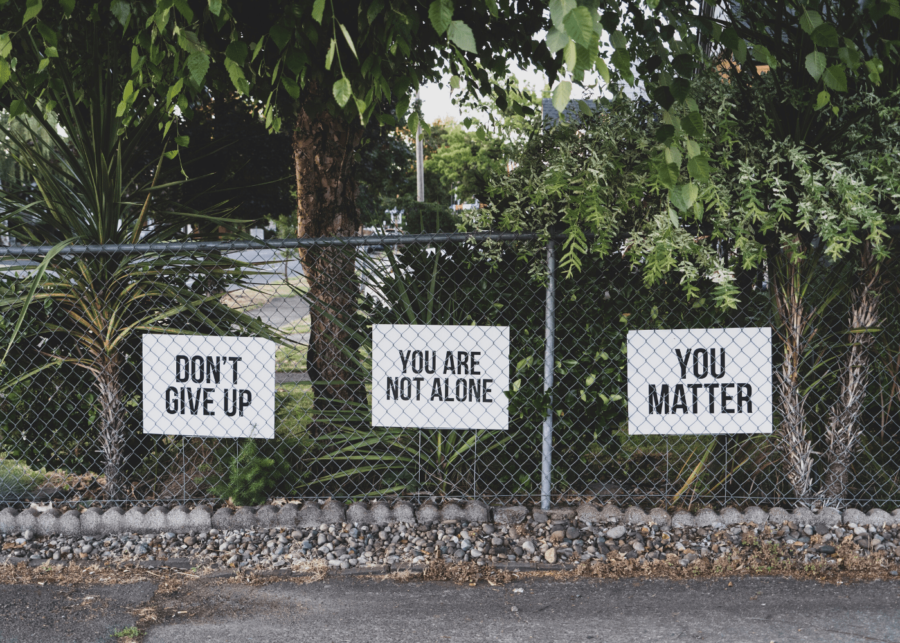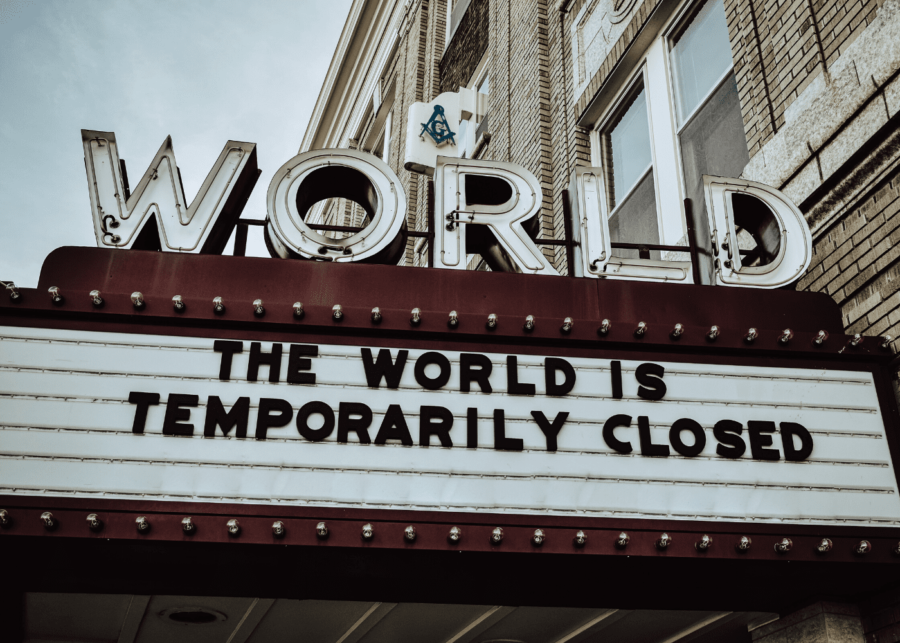
Sometimes, the first step to better mental health is recognising you need help.
2020 is truly a dumpster fire of a year, y’all. We couldn’t have predicted a year where we’d spend months sequestered away in our itty bitty flats as we try to ride out a pandemic. Though the joy of working from home provided a short respite from our mundane routine, we have to admit, life has changed drastically. We’ve gone from visiting our favourite bars and restaurants with friends to hunkering down away from most of society for months. And though these “minor” disruptions to our everyday lives might’ve seemed trivial at the start, it certainly has had an effect on our mental health. Plus, it has led many – including myself – to sign up for counselling during the circuit breaker to maintain some semblance of normalcy in a pandemic. Here’s what I’ve learned.
We’re living in unprecedented times

Truth be told, no one expected the coronavirus outbreak to evolve into a full-blown pandemic in a matter of weeks. And, nothing has really prepared anyone for a crisis of this scale. Because we live in an interconnected and globalised society – one that is technologically-advanced and savvy – it has certainly exacerbated fear and anxiety (in most people) to a whole new level. We are overwhelmed with tweets and articles of the growing spread of the virus, its physical and mental impact on the human body, and the socio-economic and financial effect on society.
Safe to say, local reporting in Singapore hasn’t helped me quell my anxiety or fear either. In fact, we have been constantly inundated with text messages from the government with status updates of the number of confirmed cases for the day. Throw social distancing into the mix and it’s no wonder our emotional and mental health have taken a hit.
Counselling options available
Thankfully, seeking help for mental health issues has slowly gained traction in Singapore over the years, with more counselling resources available – especially during a crisis (like a pandemic!). This April, the National CARE Hotline was established to offer support to those dealing with psychological distress during Covid-19. And, other local organisations like Fei Yue, Samaritans of Singapore and Silver Ribbon Singapore offer online counselling sessions to those in need, too.
Eager and curious to test out these counselling services due to my growing levels of anxiety, I signed up. The process was relatively simple. You just had to create an account and book a session with a counsellor (although there was no mention how these counsellors were vetted).
I’ll admit, the allure of free counselling sessions, compared to a session with a certified therapist at almost $200 an hour, drew me in. After all, what’s the harm, right? Well, a couple of online sessions later, I quickly realised the difference.
Finding the right counsellor takes time and effort. For one, I found it hard to talk about my personal issues with someone who exists behind a screen. There was no way to gauge the counsellor’s involvement and attention to my personal issues. And the delay between texts also heightened my distrust of the service. Plus, it didn’t help quell my anxiety at all (thank you, next).
So, unfortunately for me, that meant starting from scratch again.
Find what works for you
Despite the short tenure of my experience in online counselling, it did help me realise my sessions couldn’t take place over text. They needed to be face-to-face like a typical therapy session, whether that meant meeting my counsellor physically or via Zoom. To me, online counselling felt like I wasn’t being listened to.
Tip: It’s important to remember you might not land on your best pick the first time around. While free counselling options are great – especially if you’ve suffered financially because of Covid-19 – they may not be the right fit based on your needs. But that’s okay! Look for affordable options within your budget. And make a mental note that the second time around might not work out, too.
(Re)starting therapy: Take two

On to the next option. Let me start by saying, seeing a therapist can be pricey. No doubt, we’re not short of options in Singapore (check out our sister site HoneyKids for family-friendly recommendations!). But, the thought of an additional expense elevated my levels of anxiety. Since the pandemic did impact me socio-economically and financially, it was a struggle to look for an affordable option. Luckily, several friends in the United Kingdom recommended an affordable practice in London, one that was within my budget and allowed me to attend my sessions virtually.
Let’s try this again…
For someone who hadn’t undergone a therapy session in person before, the first one was pretty daunting. Heck, I was sceptical I would bare my feelings and thoughts to a random individual miles away from me; someone who is completely different from who I am. But you’d be surprised – as was I.
The first session over Zoom started out like this. Some general questions were asked, like ‘why did you decide to come for therapy?’, ‘what are you hoping to get at the end of your therapy sessions?’ and so on. Surprisingly, I soon felt comfortable enough to share my feelings with my counsellor, and my 50-minute session passed by too quickly.
Since then, it’s been almost two months of counselling. Suffice to say, I’ve enjoyed attending my virtual therapy sessions. Therapy has become a safe space for me to vent my issues to someone who can help me visualise my feelings from a different perspective, offer profound advice (like how assumptions are dangerous) and help me work through my problems.
I’ve learned that your therapist isn’t there to tell you what to do or to force their opinions on you. They provide you with doable practices and advice to aid you in reflecting on your feelings around a particular subject (like the pandemic) and getting out of the funk you might be in. Like my newfound worry during Phase 2: ‘re-entry anxiety’ (it’s definitely real!).
How to boost your mental wellbeing

Unfortunately, therapy isn’t a be-all-end-all solution to life’s problems (I wish). But there are other ways to boost your mental wellbeing, besides talking about your problems. My preference? Running – it works wonders. Nothing beats sweating it out, enjoying the cool air at night and clearing your mind by going on a long run. Mindfulness apps have also been a lifesaver on days I can’t seem to get out of my head – and they could work for you, too.
And if you’re having a bad day, it’s perfectly fine to eat an entire tub of ice cream by yourself or do some retail therapy – I know I have.

